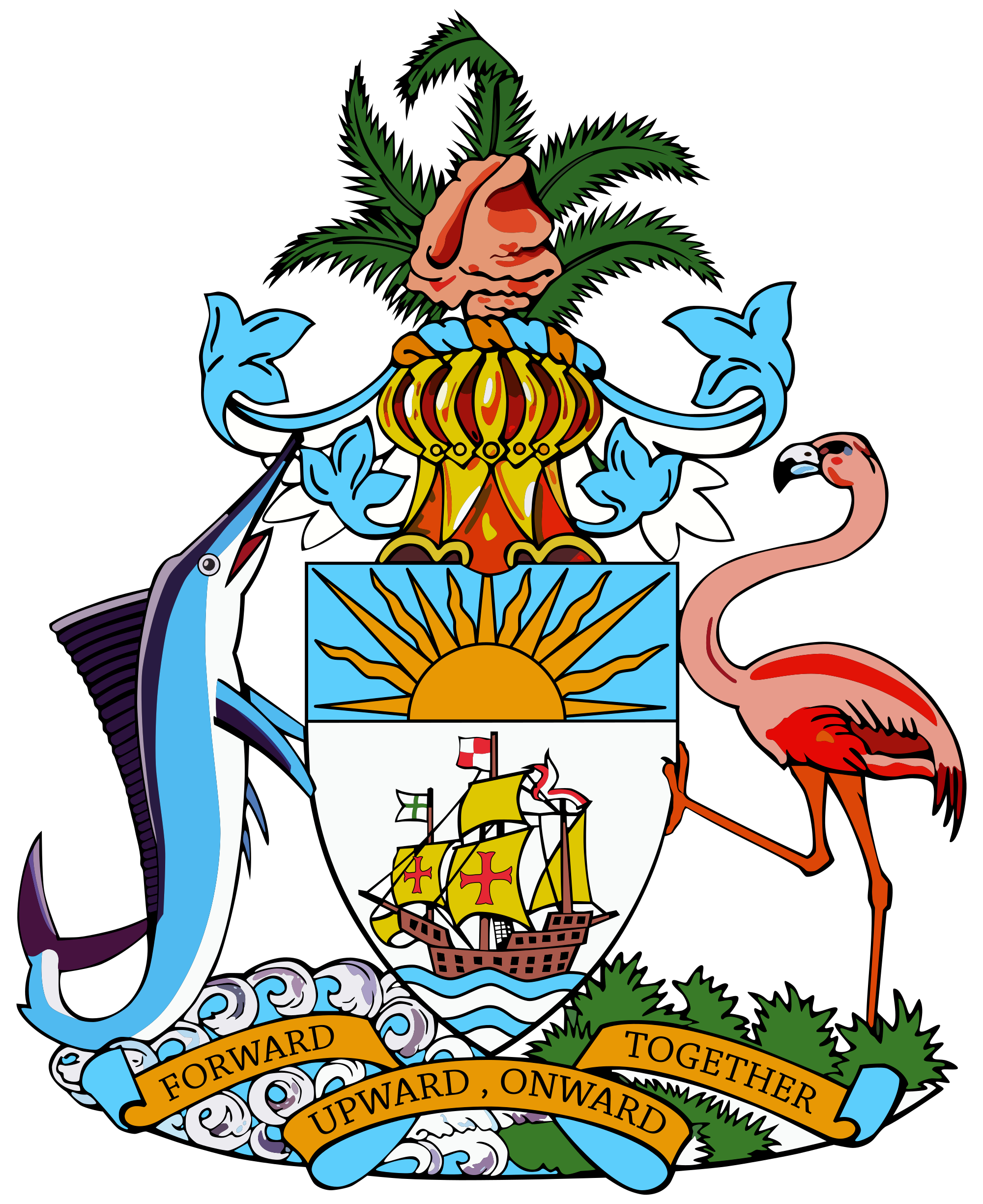Learn about The Bahamas Ministry of Finance including our ESG Information, News & Press Releases, Policy & Strategy, and Team and Contact Information.
Get Issuer Alerts
Add this issuer to your watchlist to get alerts about important updates.
Learn about The Bahamas Ministry of Finance including our ESG Information, News & Press Releases, Policy & Strategy, and Team and Contact Information.
About The Bahamas Ministry of Finance
- Population
- 407,906
- GDP
- 15.8 Billion B$
- Projected 2025/26 Surplus
- 448.2 Million
The primary responsibility of the Ministry of Finance is the care and management of the Government’s financial resources. This responsibility involves providing support and advice on the most appropriate fiscal, tax and economic policies with the aim of maximizing sustainable economic growth and development with full regard to equity and social policies. The development and management of the Government Budget is a major aspect of the Ministry’s function.
ESG Information
Learn about our environmental, social, and governance program, and how we bring those values to life
News
Source: Ministry of Finance, The Bahamas
Date: 4 February 2026
Contact: Financemail@bahamas.gov.bs
The Ministry of Finance is pleased to release its monthly report on Government’s fiscal
operations for the month of October 2025, as mandated by the Public Finance Management Act, 2023.
During the review month, revenue receipts totaled $295.4 million, a 15.3 percent increase from the prior year, with the tax component rising by $35.2 million to $271.2 million. Key gains were registered for value-added tax collections ($15.2 million) and taxes on international trade and transactions ($12.4 million). Non-tax revenue edged higher by $4.2 million to $24.2 million, on account of customs fees and rental receipts.
Aggregate expenditure settled at $315.2 million, with the recurrent and capital components at $293.6 million and $21.6 million, respectively. The year-over-year $30.7 million reduction was largely associated with lower outlays for the use of goods and services ($20.8 million) and other transfer payments ($8.2 million).
As a result of the above movements, the Government’s overall fiscal position for October 2025 recorded an estimated deficit of $19.8 million. Financing activities for the month featured an estimated increase in the outstanding debt stock by $157.0 million.
The public is encouraged to visit the national Budget Website (www.bahamasbudget.gov.bs) to view all fiscal reports.
Source: Ministry of Finance, The Bahamas
Date: February 4, 2026
Contact: Financemail@bahamas.gov.bs
In fulfillment of reporting requirements under the Public Debt Management Act, 2021, the Ministry of Finance is pleased to release the FY2026/27 to FY2028/29 Medium-term Debt Management Strategy (the “MTDS”). The MTDS aims to guide the government’s borrowing decisions to fund its overall financing needs, at the lowest cost consistent with a reasonable degree of risk, while promoting the development of the domestic debt market.
In determining the optimal debt management strategy, the analysis considers the costs and risks of the existing debt portfolio, the government’s medium-term financing needs and macro-fiscal policy objectives, prevailing economic and market conditions, and other relevant factors.
Four financing options were assessed and evaluated based on their cost-risk profiles and
performance subjected to various stress scenarios. The selected strategy emphasizes greater reliance on domestic sources of financing to reduce foreign currency exposure and support the development of the domestic capital market. Other key features of the strategy include a higher share of fixed-rate instruments, the continued use of semi-concessional borrowing from multilateral institutions, and the implementation of liability management operations to mitigate refinancing risk, extend the average time to maturity of the debt portfolio, and manage interest rate risk, while balancing costs. The financing mix suggests gross external and domestic borrowings in the ratio of 22 percent and 78 percent, respectively.
For a copy of the MTDS and other fiscal and debt reports, the public is invited to visit the national Budget Website (www.bahamasbudget.gov.bs).
PRESS RELEASE
Government Revenue Rises to $218.3M in September 2025
Source: Ministry of Finance, The Bahamas
Date: December 17 2025
Contact: Financemail@bahamas.gov.bs
The Ministry of Finance is pleased to release its monthly report on Government’s fiscal
operations for the month of September 2025, as mandated by the Public Finance Management Act, 2023.
During the review month, total revenue reached $218.3 million, an increase of $30.6 million (16.3 percent) compared to the prior year. Tax receipts at $199.0 million, featured Value Added Tax collections of $110.3 million, which grew by $25.0 million due to strengthened compliance, alongside a $11.7 million increase in VAT on realty-related transactions. Additional gains were recorded in taxes on international trade and transactions ($57.9 million) and taxes on specific services ($3.9 million), the latter representing gaming tax receipts. Non-tax revenue totaled $19.3 million, led by an $18.6 million collection from sales of goods and services. Total expenditure for September 2025 amounted to $280.2 million, comprising $249.4 million in recurrent expenditure and $30.8 million in capital outlays. The $38.7 million (18.4 percent) year- over-year growth in recurrent expenditure included higher payments of employee insurance premiums, and increased subsidies to several public institutions. Capital expenditure declined by $7.1 million (18.8 percent), of which 83.0 percent was allocated for the acquisition of non-financial assets and with the balance representing capital transfers.
As a result of these developments, the Government recorded an estimated fiscal deficit of $61.9 million for September 2025, compared with $61.0 million in the corresponding period last year. Central Government debt increased by $60.5 million, with domestic borrowings of $177.4 million partially offset by $111.8 million in repayments.
The public is encouraged to visit the national Budget Website (www.bahamasbudget.gov.bs) to view all fiscal reports.
Policy & Strategy
Team and Contact Information

Philip Edward Davis

Michael B. Halkitis

Simon Wilson

Gia Cartwright

Christine M. Thompson

Joycelyn Gilbert
Contact Information
Get Issuer Alerts
Add this issuer to your watchlist to get alerts about important updates.

